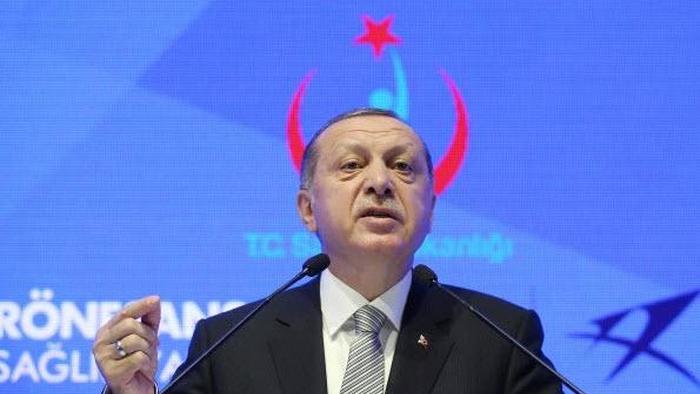Lira Tumbles To New Record Low As Critics Blast Erdogan's Ambassador Expulsion Scandal
Following Erdogan's Friday tirade, lashing out at Western countries for issuing a joint letter demanding the immediate release of jailed Turkish billionaire philanthropist businessman and opposition politician Osman Kavala, which was followed by the president's threat that he had ordered ten ambassadors - including the US - to be deemed 'persona non grata' by Turkey's government, the Turkish lira weakened to another record low against the dollar after electronic trading reopened early in the Asian session.
Around 4pm ET Sunday afternoon, the lira tumbled 1.6% to a new record low against the dollar of 9.73 at the opening of Asian trading; this following the bigger-than-expected rate cut on Thursday despite rising inflation which sparked a furious selloff in the country's currency as the move was widely derided as a dramatic and reckless and followed's Erdogan's erratic firing of three central bankers the week prior.
The non grata designation targeted the ambassadors of US, Germany, France, Canada, Denmark, Finland, the Netherlands, Sweden, Norway, and New Zealand. Meanwhile, Turkish opposition leaders slammed Erdogan's lashing out against the United States embassy and other allied Western countries as nothing but a major effort at distraction from Turkey's economic tailspin and disaster in the making:
Kemal Kilicdaroglu, leader of the main opposition CHP, said Erdogan was "rapidly dragging the country to a precipice."
"I worry ... for Turkish financial markets on Monday. The lira will inevitably come under extreme selling pressure," said veteran emerging market watcher Tim Ash at BlueBay.
"And we all know that (Central Bank Governor Sahap) Kavcioglu has no mandate to hike rates, so the only defense will be spending foreign exchange reserves the CBRT does not have."
Typically such a designation of foreign ambassadors results in their prompt expulsion from the country, but as of Sunday night that doesn't appear to have happened yet, suggesting this may be yet more jawboning from Erdogan. It wouldn't be the first time the president has failed to follow up on his threats: in 2018, he said Turkey would boycott U.S. electronic goods in a dispute with Washington. Sales were unaffected. Last year, he called on Turks to boycott French goods over what he said was President Emmanuel Macron's "anti-Islam" agenda, but did not follow through.
As Reuters adds, citing a diplomatic source, a decision could be taken at Monday's cabinet meeting and that de-escalation was still possible. Erdogan has said he will meet U.S. President Joe Biden at next weekend's G20 summit in Rome. Erdogan has dominated Turkish politics for two decades but support for his ruling alliance has eroded ahead of elections scheduled for 2023, partly because of high inflation.
Emre Peker, from the London-based consultancy Eurasia Group, said the threat of expulsions at a time of economic difficulties was "at best ill-considered, and at worst a foolish gambit to bolster Erdogan's plummeting popularity".
"Erdogan has to project power for domestic political reasons," he said.
Erdogan's anger erupted after the ambassadors of Canada, Denmark, France, Germany, the Netherlands, Norway, Sweden, Finland, New Zealand and the United States issued a joint statement on Oct. 18, calling for a just and speedy resolution to Kavala's case, and for his "urgent release".
Soner Cagaptay from the Washington Institute for Near East Policy tweeted: "Erdogan believes he can win the next Turkish elections by blaming the West for attacking Turkey -- notwithstanding the sorry state of the country's economy." Tyler Durden Sun, 10/24/2021 - 16:20
http://dlvr.it/SBCpWS

No comments:
Post a Comment